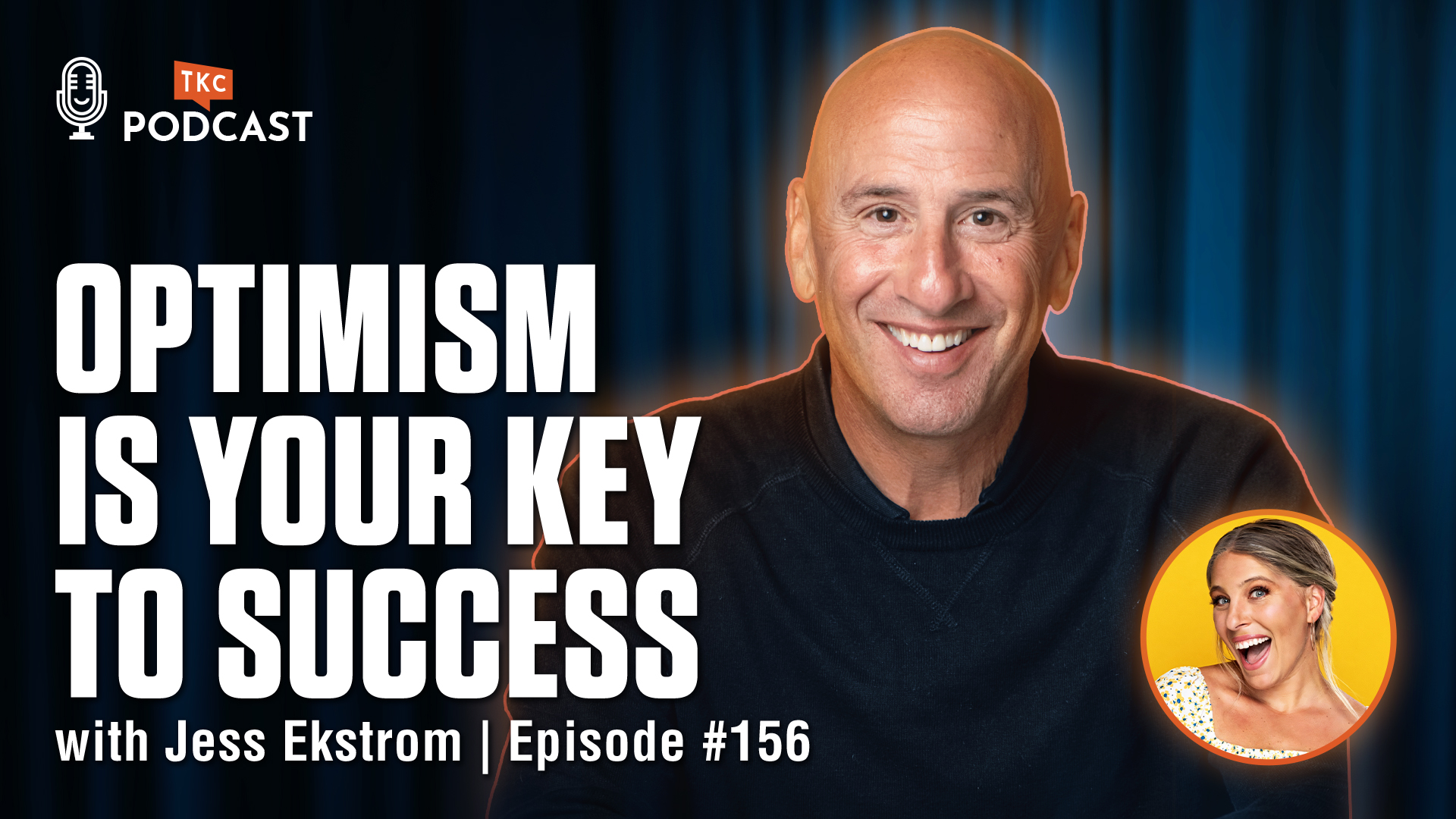
March 28, 2023How to Negotiate Speaker Fees and Contracts For Your Event?
In this article, we'll explore tips and strategies for negotiating speaker fees and contracts to help event planners achieve their goals. From researching...
As an event and conference planner, one of the most important tasks on your to-do list is securing top-notch speakers for your event. Whether you’re organizing a conference, a workshop, or a corporate event, having the right speaker can make all the difference. But how do you negotiate speaker fees and contracts to make sure you’re getting the best value for your investment?
Negotiating speaker fees and contracts is a critical aspect of event planning. It involves determining the fees and terms of a speaker’s contract for an event. Event planners need to negotiate with the speaker or their representative to ensure that the speaker’s fees and terms fit within their event budget and meet their needs. Effective negotiation can help event planners secure top-notch speakers while ensuring that their event remains financially viable.
In this article, we’ll explore tips and strategies for negotiating speaker fees and contracts to help event planners achieve their goals. From researching speaker fees and industry standards to identifying negotiable items and preparing your negotiation strategy, we’ll cover everything you need to know to negotiate effectively and professionally.
Tips and strategies for negotiating
Research Speaker Fees and Industry Standards
Before you start negotiating with a speaker or their representative, it’s important to research speaker fees and industry standards. This will help you establish a baseline for what you can expect to pay for a speaker’s services and ensure that you’re not overpaying.
One way to research speaker fees is to review speaker bureau databases, such as the International Association of Speakers Bureaus (IASB) or the National Speakers Association (NSA). These databases provide information on speaker fee range, specialties, and areas of expertise, allowing you to compare prices and find the right speaker for your event.
You can also review industry publications, such as trade magazines or online publications, to get a sense of industry standards and trends. This can help you determine what is reasonable to expect in terms of speaker fees and contract terms.
Understand Your Event Budget
Once you have a sense of speaker fees and industry standards, it’s important to establish your event budget. Knowing your budget will help you negotiate effectively and ensure that you’re not overspending on speaker fees.
Create a comprehensive event budget spreadsheet that includes all of your event expenses, such as venue rental, catering, and marketing. Determine how much of your budget you can allocate to speaker fees and identify any cost savings that may be available.
For example, you may be able to negotiate a lower venue rental fee or find a catering company that offers discounted rates for events. By identifying cost savings in other areas of your event, you may be able to allocate more of your budget to speaker fees.
Get Our Guide: How to Create The Perfect Event
Identify Negotiable Items
Once you have a sense of speaker fees and your event budget, it’s time to identify negotiable items in the speaker’s contract. These may include fees, expenses, and contract terms.
Fees: Speaker fees are often negotiable, especially if the speaker is interested in your event or you can offer additional value, such as exposure or promotion. You may be able to negotiate a lower fee or a discount for booking multiple speakers.
Expenses: Speaker expenses, such as travel and accommodations, are also negotiable. You can negotiate for the speaker to cover their own expenses or for you to cover them. You may also be able to negotiate for a cap on expenses, so you don’t end up overspending.
Contract terms: The terms of the speaker’s contract are also negotiable. You may be able to negotiate the length of the speaker’s presentation, their participation in other event activities, or the promotion of their services or products.
Identify the negotiable items that are most important to your event and prioritize them based on their importance. This will help you focus your negotiation strategy and achieve your goals.
Prepare Your Negotiation Strategy
Before you enter into negotiations with a speaker or their representative, it’s important to prepare a negotiation strategy. This will help you stay focused and achieve your goals while maintaining a professional and respectful relationship with the speaker.
Identify your ideal outcome: Determine what you hope to achieve through the negotiation process. This may include a specific fee or contract term that aligns with your event goals and budget.
Anticipate objections: Anticipate potential objections that the speaker or their representative may raise and prepare responses that address these concerns. For example, if the speaker is concerned about travel expenses, you can offer to cover a portion of these expenses or negotiate a cap on expenses.
Consider the speaker’s perspective: It’s important to consider the speaker’s perspective and needs when negotiating. Be respectful and professional in your approach, and try to understand the speaker’s motivations and goals.
Be flexible: Negotiation is about finding common ground, so be prepared to be flexible and open to compromise. Consider alternative options or solutions that may be acceptable to both parties.
Communicate Effectively
Effective communication is essential to successful negotiations. When communicating with the speaker or their representative, be clear, concise, and professional.
Listen actively: Listen carefully to the speaker’s concerns and needs. This will help you identify areas of compromise and find a solution that works for both parties.
Be respectful: Maintain a respectful and professional tone throughout the negotiation process. Avoid using aggressive or confrontational language, as this can damage the relationship between you and the speaker.
Provide evidence: Use industry research and data to support your negotiation points. This will help establish a baseline for what is reasonable and expected in the industry.
Confirm agreements in writing: Once you have reached an agreement, confirm the details in writing. This ensures that both parties have a clear understanding of the terms of the agreement and helps avoid misunderstandings down the line. And this brings us to the final point in this article.
Finalize the Contract
Once you have successfully negotiated with the speaker or their representative, it’s important to finalize the contract before the event. The contract serves as a legally binding agreement between you and the speaker and outlines the terms of the speaking engagement.
Review the contract: Review the contract carefully to ensure that it accurately reflects the negotiated terms. Check for any errors or omissions, and make sure that all terms are clearly defined.
Consult with a legal professional: If you are unsure about any legal aspects of the contract, consider consulting with a legal professional. They can review the contract and provide guidance on any potential legal issues.
Include all necessary details: The contract should include all necessary details, such as the date, time, and location of the speaking engagement, as well as the speaker’s fee and any additional expenses. Make sure that all details are accurate and complete.
Get signatures: Once the contract is finalized, make sure that both you and the speaker or their representative sign the contract. This serves as a confirmation that both parties have agreed to the terms of the contract.
Final words
Negotiating speaker fees and contracts is an essential part of event planning. By researching industry standards, understanding your event budget, identifying negotiable items, preparing your negotiation strategy, and communicating effectively, you can negotiate effectively and professionally, ensuring that you get the best value for your money and achieve your event goals.
Remember to maintain a respectful and professional relationship with the speaker throughout the negotiation process, and confirm all agreements in writing to avoid misunderstandings. With these tips and strategies, you’ll be well on your way to securing the perfect speaker for your event.
Discover More Insights
Get in TouchContact US
Fill out the form so we can best understand your needs.
A representative from The Keynote Curators will reach out to you.








